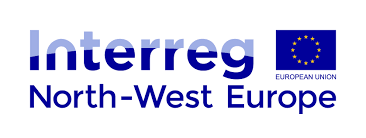I wish to collect my diploma
Congratulations on graduating from the University of Lille!
Since 2020,you will be issued with a secure digital certificate in addition to the paper version (parchment). We explain everything here.
Digital certificate
Since 2020,the university issues a secure digital certificate of achievement for each graduate (excluding doctorates and INSPÉ).
I need help
If you notice an error on your diploma or if you have a question, you can contact online support.
I need to verify the authenticity of a diploma

Are you a recruiter, verification organisation or higher education institution?
Since 2020, and in accordance with article 6 of the MESR circular of 7 May 2023,the university issues a secure digital certificate of achievement for each graduate (excluding doctorates and INSPÉ). Find out why it is forgery-proof and has probative value.
Verifying the authenticity of a diploma
For automated verification, please copy and paste below the link to the certificate to be authenticated:
Useful resources
Key figures
73896
blockchain certificates issued
186710
countries from which they were viewed
149
pays depuis lesquels elles ont été consultées
